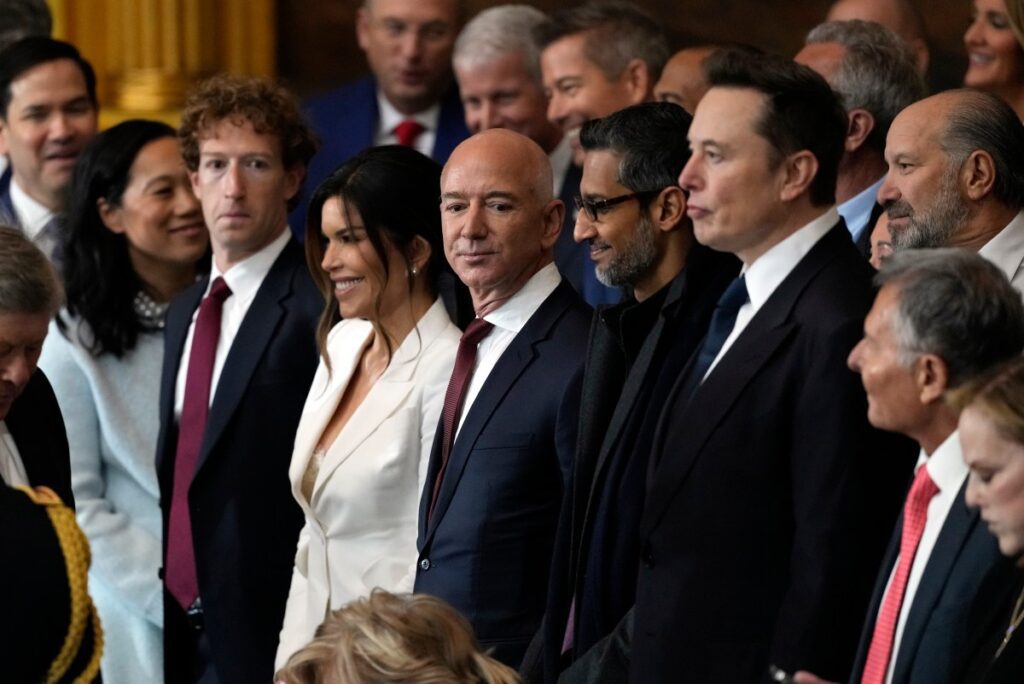Jim Jordan Demands AI Censorship Documents from Technology Firms
On Thursday, House Judiciary Committee Chair Jim Jordan (R-OH) reached out to 16 technology companies, including major players like Google and OpenAI, requesting past communications with the Biden administration. His inquiry focuses on whether any collusion occurred to “censor lawful speech” through AI technologies.
Cultural Clash Over AI and Censorship
This as-of-late escalation reflects an ongoing cultural conflict between conservative lawmakers and Silicon Valley. Jordan previously led investigations regarding alleged collaboration between the Biden administration and tech giants to silence conservative voices on social media platforms. His current scrutiny extends to AI companies and their operations.
Request for Information
Jordan’s correspondence was directed to leading figures in the technology industry, including Sundar Pichai (Google), Sam Altman (OpenAI), and Tim Cook (Apple). He referenced a report published by his committee last December, which alleged that the Biden-Harris Administration sought to control AI to suppress free speech.
Companies including Adobe, Alphabet, Amazon, Anthropic, Apple, Cohere, IBM, Inflection, Meta, Microsoft, Nvidia, OpenAI, Palantir, Salesforce, Scale AI, and Stability AI have been given until March 27 to respond to these requests.
Responses from Technology Firms
TechCrunch reached out to the contacted firms for comments; however, responses were limited at the time of publication. Notably, Nvidia, Microsoft, and Stability AI opted not to comment.
Interestingly, Elon Musk’s AI venture, xAI, was omitted from Jordan’s list of companies. This absence may be significant, given Musk’s status as a prominent Trump ally and vocal advocate in discussions surrounding AI regulation and censorship.
Shifting Strategies in AI Censorship
In anticipation of potential scrutiny from lawmakers, some technology firms have adjusted how their AI systems address politically sensitive subjects. For instance, OpenAI has expressed intentions to modify its training process to ensure diverse perspectives and mitigate potential biases in ChatGPT, although they maintain that these changes were not made to appease the previous administration.
Anthropic has also announced that its newest model, Claude 3.7 Sonnet, will offer more nuanced responses on controversial topics and restrict fewer inquiries.
Conversely, some companies have been slower to adapt. Google publicly stated that its AI chatbot, Gemini, would refrain from responding to political questions—a strategy that continued well past the recent elections, where even straightforward inquiries about political figures were often met with limited responses.
Political Pressure and Concerns
Numerous tech executives, including Meta’s Mark Zuckerberg, have bolstered accusations of censorship by asserting that the Biden administration pressured their companies to restrict specific content—citing instances such as misinformation surrounding COVID-19 during the pandemic.
